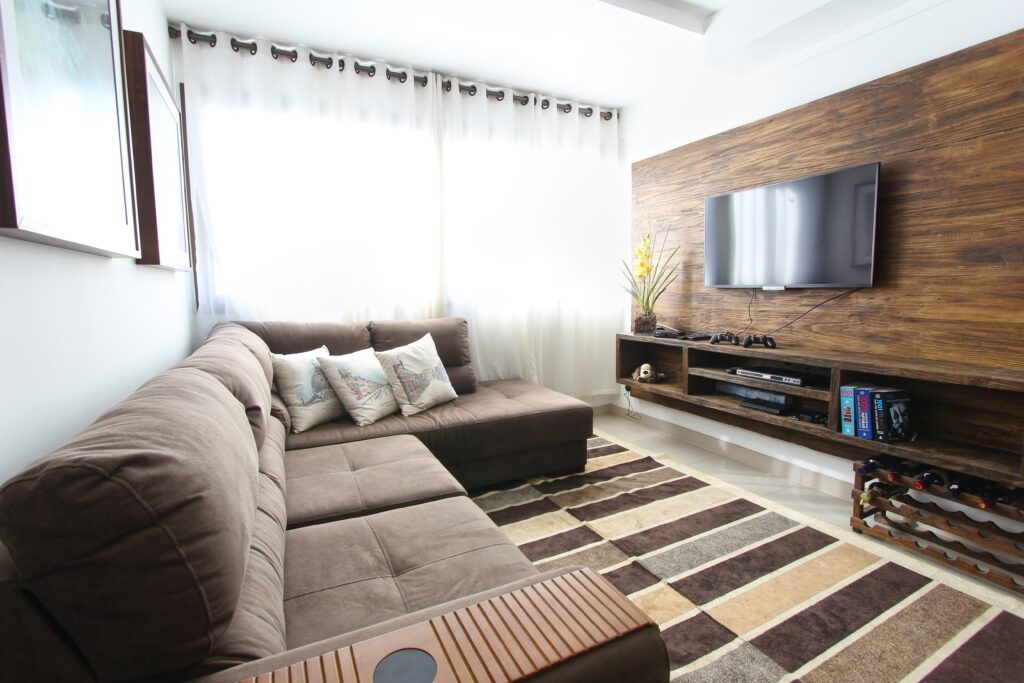
How Condo Insurance Works
The condo market is growing exponentially in Nashville and most of them ain’t your grandmother’s condo (and some of them are!). Either way, it’s very important to understand how condo insurance works or you could quickly find yourself overpaying for the wrong coverage.

Condo vs. Townhome
Don’t let these two names get you confused when it comes to insurance. Sellers and realtors may use these terms interchangeably, but when it comes to insurance it’s important to differentiate. If the home you buy is part of an HOA with a Master Policy that covers the exterior of your unit, then for insurance purposes it’s a Condo. If you are responsible for the exterior of your unit (walls, roof, etc.) then it needs regular Homeowners Insurance. Either of these policies can be a “townhome”, which typically is a general term used for units with shared walls normally in clusters of 2 to 4.
Dwelling vs. Personal Property
There are two major coverages on a condo policy. The Dwelling (or Building) and the Contents (or Personal Property). On a typical Home policy, the Dwelling is the primary coverage and then all other coverages have established a percent of that amount. That’s not the case on Condos. For Condo Insurance, Personal Property is the primary coverage. Be wary of this, as oftentimes people have too much coverage here and not enough on the Dwelling. Be sure you have enough contents coverage to replace all of your belongings if you had a total loss (clothes, furniture, dishes, appliances, toothbrushes, etc.). It can all add up. Just don’t overdo it here, because this is the biggest contributor to the overall cost of the policy.
“Studs In” vs. “Betterments and Improvements”
In my career, this is the number one place where I’ve seen customers underinsured and paying dearly for it. Because a traditional Condo policy has Personal Property as the primary coverage, the Dwelling is often set to a number such as 10%. That means if you told them you have $50,000 in belongings, then they only give you $5,000 in coverage for your ENTIRE house! This simply won’t cut it in most situations.
Many years ago, most HOA master policies were written where the homeowner was only responsible for “Betterments and Improvements”. This meant the only thing you had to insure was any upgrades you did to the home. If there was a fire they would replace EVERYTHING… inside and out. Unless it was an upgrade. If you had replaced the old carpet with a new carpet, they would still cover that even. But, if you had replaced the old carpet with hardwood, now that is your responsibility. These policies were basically glorified Renters Insurance and it explains why the 10% coverage was acceptable.
Today, most HOA master policies state the homeowner is responsible for everything from the “studs in”. That means if there was a total loss, they would rebuild a shell, and then you’d be responsible for everything inside: walls, floors, fixtures, cabinets, etc. In this case, 10% of your content coverage does you no good. You probably need more than 200% of your content coverage. Make sure your agent uses some real numbers to calculate this coverage
Other Coverages
Getting the Dwelling right is the most important thing, but there are a few other places you need to look under the hood as well:
Loss Assessments: This coverage is designed to pay for any assessments you receive from your HOA resulting from a covered loss. It’s important you note that it has to be from a covered loss. If the neighborhood votes to add a pool and assess everybody for it, or the roads are in poor condition and need to be repaved, this isn’t covered. But, if the wind comes through and blows off all the roofs and you get assessed, your insurance will step in. Most HOA by-laws have a maximum they can assess you (normally around $10,000). You don’t need any more coverage than the maximum.
Loss of Use / Additional Living Expense: Much like Dwelling, this is often a percentage of the Personal Property, and therefore again, often too low. Find out how long it will cover you and make sure it’s enough to pay your rent somewhere else during that time.
Do you still have more questions on how condo insurance works? Contact me and let me help. Whether you’re a current customer that just wants to improve your policy with us, or if you have another carrier and you want help comparing I’m happy to help!
Dallas Owen

*All advice in this article represents just general recommendations and should not be taken as direct advice. Please talk to myself or another licensed insurance agent for specific recommendations regarding your insurance before making any changes.





